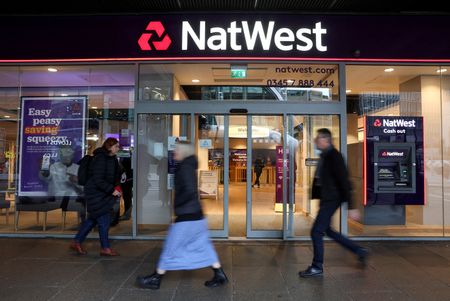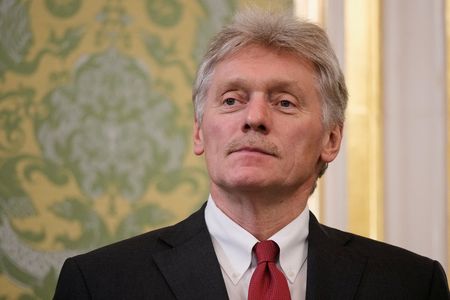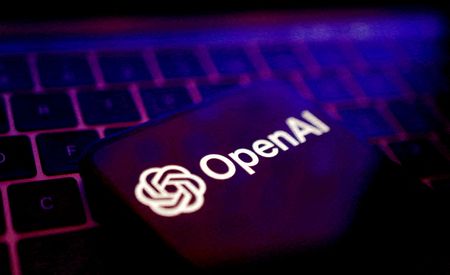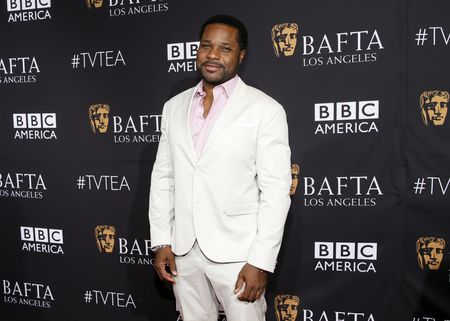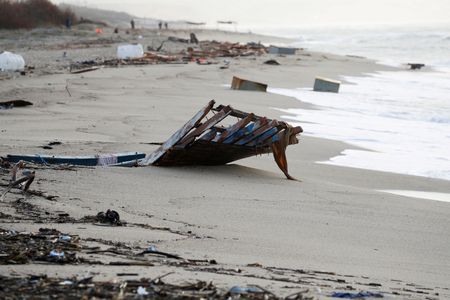By Sinead Cruise and Yadarisa Shabong
LONDON (Reuters) – British bank NatWest reported forecast-beating annual profit on Friday, boosted by progress in its growth strategy, productivity and capital management which bosses said could pave the way for fresh acquisitions and higher investor returns.
NatWest – which once boasted assets of 2.2 trillion pounds, more than double the size of the British economy – is now a fraction of that size after a multi-year restructuring and strategic overhaul to focus almost exclusively on domestic business, consumer and mortgage lending.
“We have positive momentum behind us,” Chief Executive Paul Thwaite said.
Pretax operating profit reached 6.2 billion pounds ($7.79 billion) for the year ended December 31, in line with 2023 levels and surpassing analysts’ forecasts of 6.1 billion pounds.
Shares in NatWest have by around 100% in the last 12 months, as investors warmed to its 4 billion pound capital redistribution programme and a recent acquisitions spree that underscored the lender’s ambitions amid fierce competition.
The stock fell by as much as 2.2% after the results but was last down 1.5% at 430 pence. Earlier this week, shares hit their highest since 2011.
DEALMAKING
Thwaite put the bank back on the dealmaking map in 2024 after buying several billions of pounds in assets from retailer Sainsbury’s and Metro Bank last summer, and signalled on Friday more was to come.
“In respect of acquisitions, it’s a very high bar,” Thwaite told reporters, adding he would continue to consider buys that created shareholder value, added scale or new capabilities in areas like mortgages, unsecured lending, as well as wealth and asset management.
NatWest has work to do to defend its share of the UK mortgage market, following Nationwide’s 2024 takeover of Virgin Money and product price cutting at Lloyds, HSBC and Barclays.
It also faces headwinds to net interest income, with the Bank of England expected to cut interest rates four times this year, reversing a cycle of hikes that had boosted lending margins.
Thwaite declined to elaborate on how much firepower he had to chase targets, but NatWest would seek a balance between investment and shareholder returns.
It has pledged to increase its ordinary dividend payout ratio to around 50% from around 40% from 2025 onwards and keep its common equity tier 1 ratio, a key measure of balance sheet resilience, in a 13%-14% range.
The Financial Times newspaper on Friday said NatWest had held talks with Spain’s Santander over a potential acquisition of its UK arm. NatWest declined to comment.
NatWest also set a new performance target of achieving a return on tangible equity of between 15%-16% in 2025 and higher than 15% by 2027.
“While a RoTE of this magnitude may be achievable in the near term, we worry whether it will be sustainable over the longer-term given competitive pressure,” Gary Greenwood, Equity Analyst at Shore Capital said.
LOAN GROWTH
NatWest’s 2024 profit beat and optimistic outlook contrasts with uncertainty in Britain’s economy, which has been hit by worries about sluggish growth, weak public finances and the risk of a global trade war led by U.S. President Donald Trump.
Thwaite said he was encouraged by the government’s attempts to put financial services at the heart of its growth push, and planned changes to crisis-era ring-fencing rules that have made it difficult for banks to use their capital most efficiently for the good of all customers.
NatWest reported total loans of 372 billion pounds, up 3.5% year on year in its sixth consecutive year of total loan growth. Impairments also fell to 359 million pounds in 2024, from 578 million pounds in 2023.
The UK taxpayer’s stake in the bank fell below 7% on Friday, down from 38% in December 2023, leaving NatWest on course to return to full private ownership this year after its 45 billion pounds government bailout during the 2008 financial crisis.
($1 = 0.7963 pounds)
(Reporting by Sinead Cruise in London and Yadarisa Shabong in Bengaluru; Additional reporting by Amanda Cooper, Editing by Sherry Jacob-Phillips, Andres Gonzalez and David Evans)

